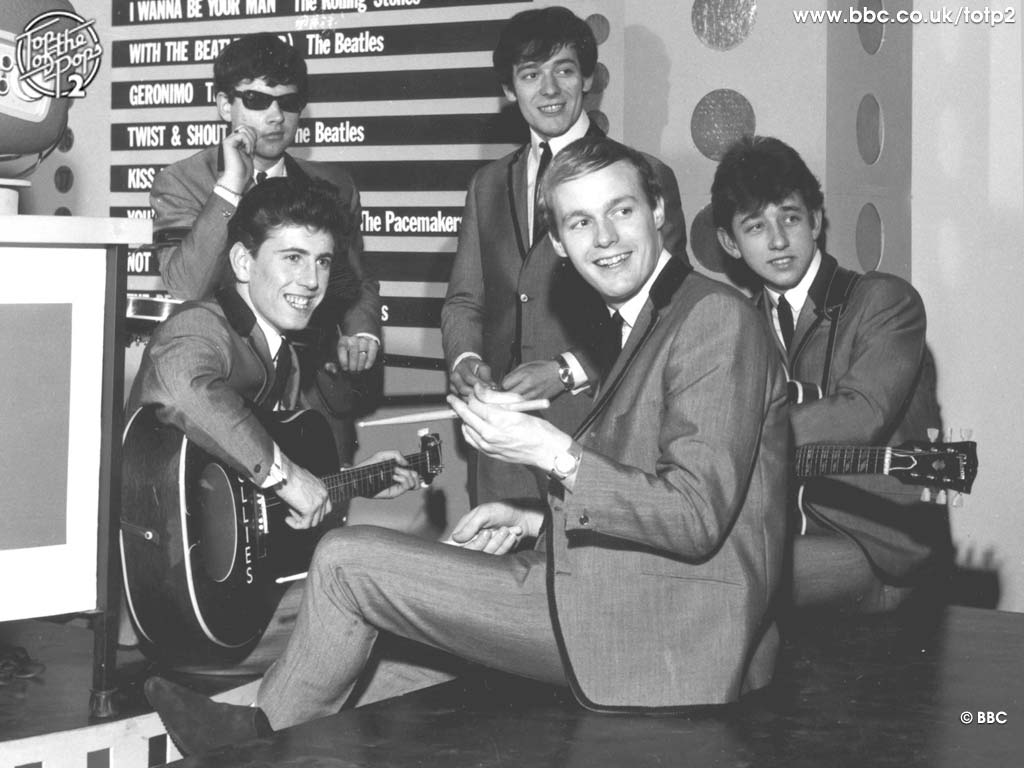
“He Ain’t Heavy, He’s My Brother” – The Hollies’ Timeless Anthem of Compassion and Brotherhood
“He Ain’t Heavy, He’s My Brother” by The Hollies is a song that has resonated with generations for its universal message of empathy, sacrifice, and love. Originally released in 1969, the track stands out not only as a commercial success but also as a deeply emotional ballad that continues to inspire listeners with its poignant lyrics and soulful delivery.
The song marked a stylistic departure from the upbeat pop harmonies that defined much of The Hollies’ earlier work. Known for catchy hits like “Bus Stop” and “On a Carousel,” the band opted here for a more mature and reflective tone. The emotional weight of the lyrics, combined with the lush orchestration, showcases The Hollies’ versatility, revealing their ability to move beyond pop into more heartfelt territory. Allan Clarke’s lead vocals are filled with sincerity and vulnerability, capturing the essence of the song’s message—when you care for someone deeply, no burden is too heavy to bear.
The origins of the song’s title trace back to a phrase from Father Edward J. Flanagan, the founder of Boys Town, a refuge for troubled youth. The phrase, often seen as a metaphor for selfless love, aligns perfectly with the song’s theme: helping others without hesitation or complaint. It was co-written by Bobby Scott and Bob Russell, with the latter penning the lyrics while he was terminally ill. This personal context imbues the song with even greater emotional depth, as it becomes not just an anthem of brotherly love but also a reflection on life’s hardships and the importance of kindness.
Musically, the track is elevated by its orchestral arrangement, including stirring strings and a solemn piano introduction. One of the most memorable aspects is the harmonica solo, adding a layer of melancholy to the song’s already touching mood. As the arrangement builds, Tony Hicks’s guitar playing and the harmonized vocals create a sense of uplift, mirroring the song’s central message: despite the burdens we may carry, love makes them lighter.
Upon its release, “He Ain’t Heavy, He’s My Brother” climbed the UK charts, peaking at No. 3, and reached No. 7 on the Billboard Hot 100 in the United States. However, its lasting success extends far beyond the charts. The song was re-released in 1988, reaching No. 1 on the UK Singles Chart after being featured in a Miller Lite beer commercial. This second wave of success confirmed its status as an enduring classic, appealing to new audiences while retaining its emotional impact.
The song’s legacy is further amplified by its use in various social and political causes, as its message of solidarity resonates across cultures and movements. It has been adopted as a symbol of brotherhood and support, making appearances in charity events and campaigns worldwide. Notably, it became an anthem for Boys Town, the very institution that inspired the song’s title, cementing its connection to the spirit of helping others.
“He Ain’t Heavy, He’s My Brother” also holds a unique place in The Hollies’ discography. While the band had many hits during the 1960s, this song revealed a deeper emotional layer, showcasing their ability to balance commercial appeal with meaningful content. Its success helped establish them not just as a pop group, but as a band capable of delivering songs with profound significance.
Decades later, the song remains a staple in the Hollies’ live performances and has been covered by numerous artists, including Neil Diamond and Glen Campbell. Its enduring popularity is a testament to the power of music to convey timeless truths. With its poignant lyrics and stirring arrangement, “He Ain’t Heavy, He’s My Brother” continues to remind us of the importance of compassion, even in the face of life’s most daunting challenges.
In a world that can often feel divided, the song’s message feels as relevant as ever: true love and brotherhood mean carrying one another’s burdens, without hesitation or regret. As long as we remember that “he ain’t heavy, he’s my brother,” there’s always hope for a better, kinder world.